
Diplomacy And Burkina Faso’s Disqualification From 2026 World Cup Tournament
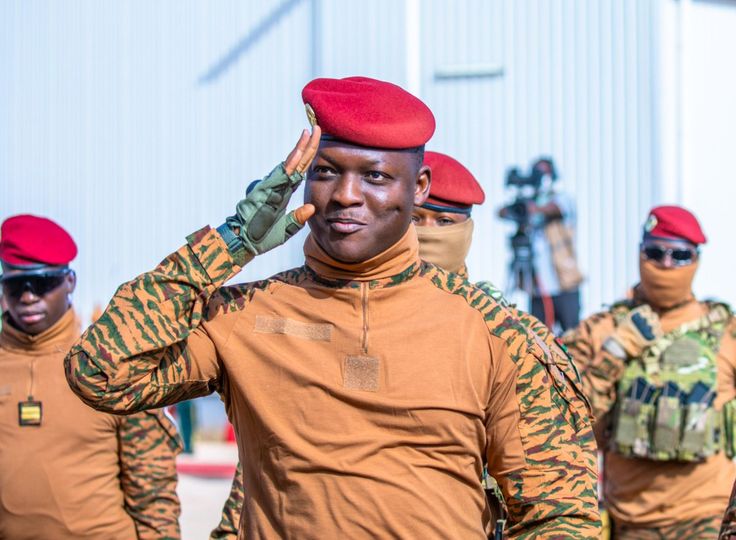
In the heat of nations jostling for space in the 2026 World Cup tournament, countries from diverse continents have contended for representation. Some are still caught in the cobwebs, as playoffs will now determine the fate of others.
With the new concept of qualifying and Eritrea’s withdrawal from the upcoming tournament, calculations have emerged about which teams will qualify and how the withdrawn country will be replaced to maintain a balanced proportion.
President Ibrahim Traore has instructed the Burkinabe Football Federation to submit a formal request for a detailed explanation. The format for qualification this year allows for questions and scrutiny, as it deviates from the conventional transparent norm.
First, Eritrea pulled out of the World Cup in 2023, and since then, FIFA and CAF have devised a plan to completely eliminate teams that finish sixth in their groups. This arrangement under CAF’s qualification regulations means that results against the bottom team in each group are not considered when calculating the best four runners-up.
Burkina Faso finished second in Group A with 21 points. They lost six points from their total after excluding their results against Djibouti, reducing it to 15 points. Nigeria, on the other hand, finished in Group C with 17 points but dropped two points from their record after removing results against Zimbabwe, leaving them with 15 points. The latter country overtook The Stallions with a goal difference, allowing them to compete in the playoff, leaving President Traore’s World Cup participation hopes in disarray.
The President reportedly wants a candid explanation for why his country’s efforts in the qualifiers seem to be overshadowed by the poor performance of the Super Eagles. This potentially creates alarm in the bilateral relations of several stakeholders. First is Burkina Faso and CAF. Interpretations could point to a shaky relationship between the West African country and the body in charge of football on the continent.
Another possible concern is how Nigeria’s unconvincing run still earned them a playoff spot while Burkina Faso, with more points than Nigeria, is out of competing for the World Cup. Nigeria seems to be a favourable African football nation with great talents across the globe. Accusations are rising about whether this plan was originally implemented for the Super Eagles to be able to represent in the upcoming tournament.
The aftermath of this saga holds a lot of anticipation, as the Burkinabe Football Federation might just not be able to convince the authoritarian President about the Stallions’ disqualification. But beyond the aftermath, the Presidents’ involvement in international sports relations leaves a mark on their leadership interests and intentions. President Traore clearly illuminates the magnitude of such representation in the 2026 World Cup.
Logic has always been the approach in football tournaments like this. Now, with a development of this nature, it is crucial that the world asks questions and finds solutions while addressing the changes that accompany such developments.
About The Author
Related Articles
Senegal to Appeal CAF Sanctions After AFCON Final Controversy
Senegal has announced plans to formally appeal the sanctions imposed by the...
ByWest Africa WeeklyFebruary 2, 2026CAF Sanctions Senegal and Morocco After AFCON Final Controversy
The Confederation of African Football has imposed a series of disciplinary sanctions...
ByWest Africa WeeklyJanuary 29, 2026Senegal Honors Players and Coach After AFCON Triumph
Senegal has formally honored its Africa Cup of Nations winning team, awarding...
ByWest Africa WeeklyJanuary 23, 2026Senegal Coach Defends AFCON Walk-Off as CAF Considers Sanctions
Senegal’s head coach, Pape Bouna Thiaw, has publicly defended the controversial decision...
ByWest Africa WeeklyJanuary 23, 2026






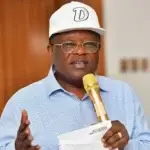
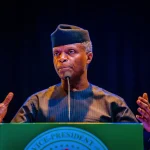

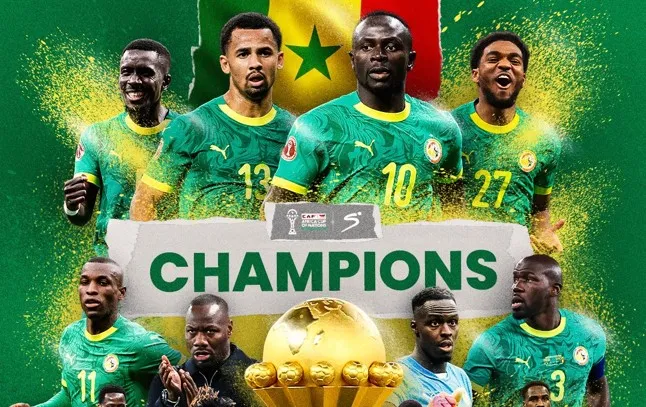
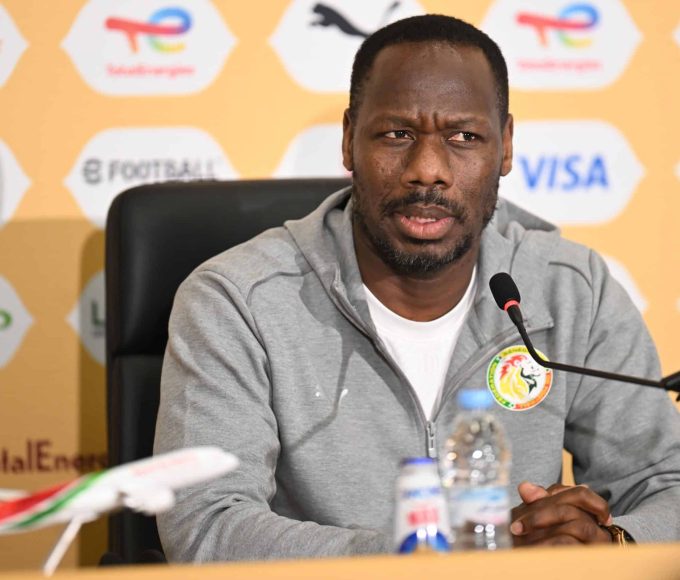
Leave a comment